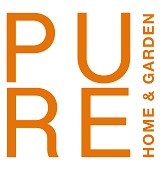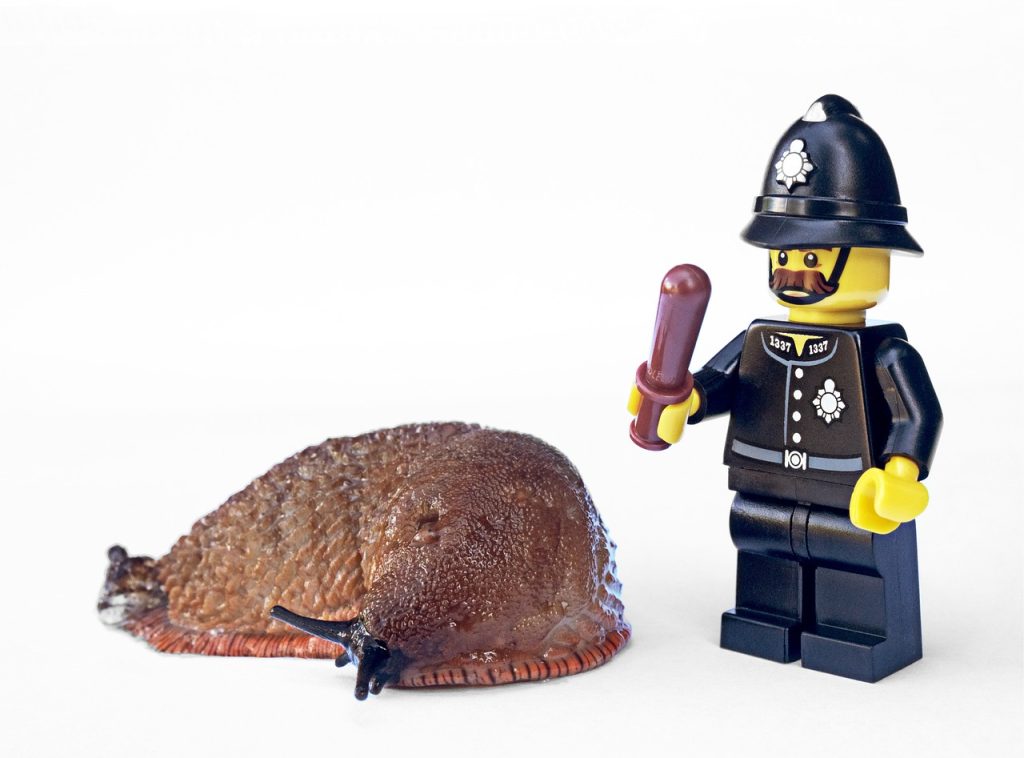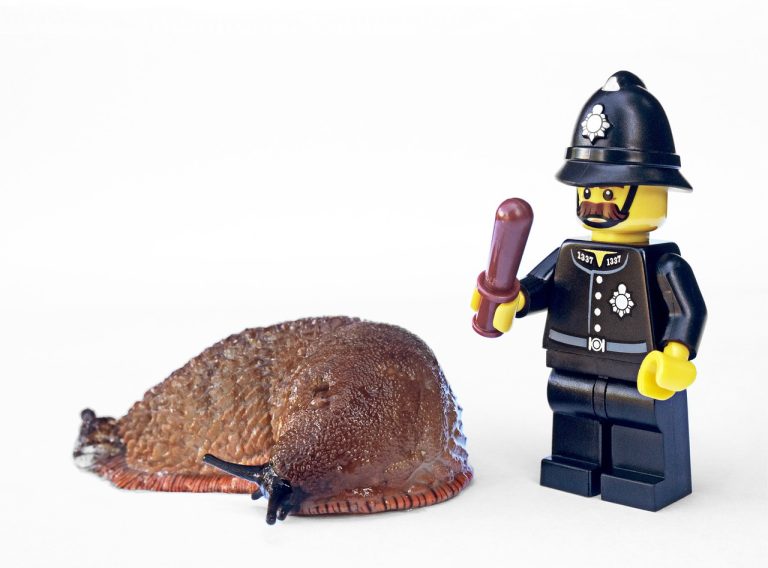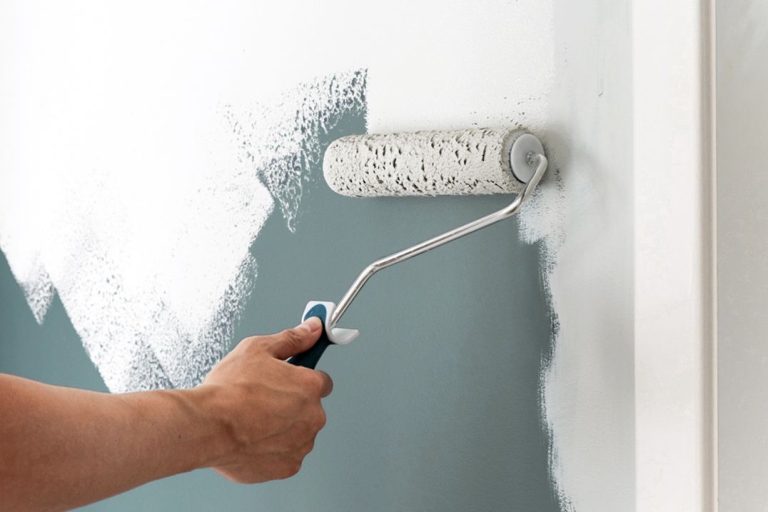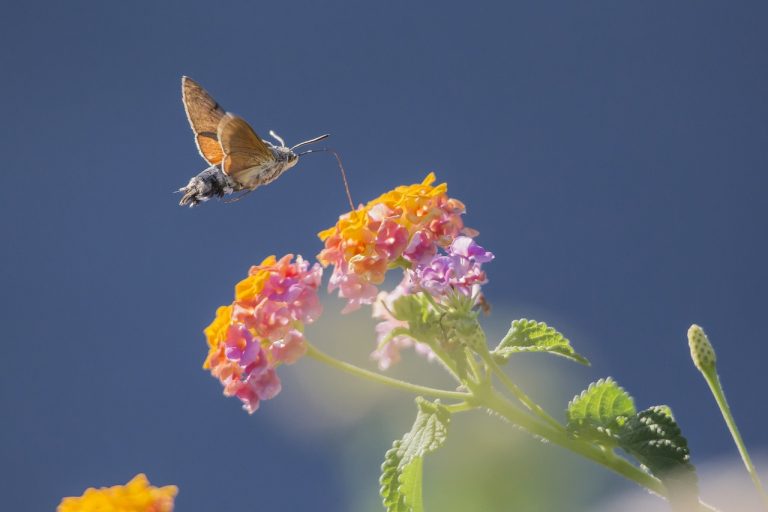If you’ve ever felt frustrated by pesky bugs invading your garden, fear not! There are natural and environmentally-friendly ways to tackle common garden pests without resorting to harmful chemicals. From attracting beneficial insects to practicing proper plant care, this article will guide you through a variety of organic methods to keep your garden thriving and bug-free. So, say goodbye to harmful pesticides and hello to a healthier, pest-free oasis in your backyard!
Table of Contents
ToggleIdentifying Common Garden Pests
Recognizing signs of pest infestation
Identifying the signs of pest infestation is crucial in managing common garden pests. Keep an eye out for chewed leaves, wilting plants, holes in fruits or vegetables, and irregular patterns of damage. Look for small clusters of aphids or webs caused by spider mites. Additionally, inspect the soil for larvae, eggs, or grubs that may indicate the presence of pests. By being vigilant and observant, you can quickly identify pest problems and take necessary action.
Identifying the most common garden pests
To effectively manage garden pests, it is important to be able to identify the most common ones. Some of these pests include aphids, caterpillars, slugs, snails, mites, whiteflies, and various crawling insects. Familiarize yourself with their physical characteristics and the damage they cause. This knowledge will help you tailor your pest control methods and effectively protect your garden.
Understanding their habits and lifecycle
Understanding the habits and lifecycle of common garden pests is essential for effective pest management. Each pest has unique behaviors and lifecycles that impact their control strategies. For example, aphids reproduce rapidly, so early detection and intervention are key. Meanwhile, caterpillars go through distinct stages, starting as eggs and progressing to larvae, before transforming into adult butterflies or moths. By understanding these patterns, you can implement targeted control measures at the right time to disrupt their lifecycle and prevent further damage.
Preventing Pest Infestations
Keeping a clean and healthy garden
Maintaining a clean and healthy garden is the first line of defense against pest infestations. Remove any fallen leaves, weeds, or debris that could serve as hiding places or breeding grounds for pests. Regularly inspect and prune your plants to remove any infested or diseased parts. Properly dispose of plant material and utilize composting techniques to minimize attractants for pests.
Using physical barriers and traps
Physical barriers and traps can help protect your garden from pest invasion. For example, erecting netting or fencing around your garden can keep out larger pests such as rabbits or deer. Use row covers to protect your plants from flying insects like butterflies or moths. Additionally, sticky traps or barriers made of copper can be effective in trapping and deterring crawling pests like slugs and snails.
Encouraging natural predators
Creating a garden habitat that encourages natural predators is a natural and effective way to control pests. Ladybugs, lacewings, and praying mantises are excellent predators that feed on aphids and other small insects. Attract these beneficial insects by planting flowers that provide nectar and pollen, such as marigolds and cosmos. By inviting these natural predators into your garden, you can establish a self-regulating ecosystem and reduce the need for external pest control methods.
Organic Pest Control Methods
Using organic insecticides
Organic insecticides, such as insecticidal soaps or neem oil, are derived from natural sources and can effectively control pests without harming the environment or beneficial insects. Insecticidal soaps work by suffocating pests like aphids and mites, while neem oil acts as a repellent and disrupts the lifecycle of insects. When using organic insecticides, always follow the instructions carefully to ensure safe and effective application.
Making homemade pest deterrents
Homemade pest deterrents can be an affordable and eco-friendly way to keep pests at bay. For example, garlic and chili pepper spray can repel aphids when sprayed directly on the plants. The strong odor of these ingredients acts as a natural deterrent. Similarly, mixing soapy water and spraying it on plants can control aphids and mites by suffocating them. These homemade remedies are easy to make and can be a great addition to your organic pest control arsenal.
Employing companion planting
Companion planting involves strategically placing plants that have mutually beneficial relationships. Certain plants can repel pests from their companion plants or attract beneficial insects that prey on garden pests. For instance, planting marigolds near tomatoes can deter aphids and nematodes. Herbs like basil, parsley, and dill can attract beneficial insects, such as ladybugs and hoverflies, that feed on pests. By carefully selecting your companion plants, you can enhance pest control in an organic and natural way.
Dealing with Specific Pest Problems Organically
Controlling aphids naturally
Aphids are small, sap-sucking insects that can quickly multiply and damage your garden. To control aphids naturally, you can encourage the presence of ladybugs and lacewings by planting flowers like daisies or yarrow. Ladybugs and lacewings are natural predators of aphids and can keep their population in check. Additionally, prune infested parts of plants and use organic insecticides like neem oil or insecticidal soaps to directly target aphids.
Managing caterpillar infestations without chemicals
Caterpillars can quickly defoliate your plants and cause significant damage. To manage caterpillar infestations organically, start by manually removing them from plants. Look for clusters of eggs or caterpillars on the undersides of leaves and gently remove them. You can also attract birds like sparrows or chickadees by providing birdhouses or bird baths. These birds will feed on caterpillars and help control their population naturally.
Preventing slug and snail damage organically
Slugs and snails are common garden pests that can devour young plants overnight. To prevent slug and snail damage organically, create barriers using materials like copper tape or diatomaceous earth. These materials create a deterrent by causing discomfort or dehydration to the pests. You can also set up beer traps by burying small containers with beer in the ground. Slugs and snails are attracted to the beer and will drown in the traps.
Maintaining Healthy Plants
Practicing proper watering and fertilization
Maintaining healthy plants is key to preventing pest infestations. Proper watering techniques, such as watering at the base of plants and avoiding overhead watering, can help prevent certain fungal diseases and discourage pests. Additionally, providing adequate and balanced fertilization ensures that plants have the nutrients they need to resist pests and diseases. Avoid over-fertilization, as it can attract pests and lead to imbalances in the ecosystem.
Using disease-resistant varieties
Choosing disease-resistant plant varieties is an effective way to prevent pest-related plant diseases. Research and select varieties that have proven resistance to common pests and diseases in your area. Disease-resistant plants have built-in mechanisms that make them less attractive or susceptible to pests. By planting disease-resistant varieties, you can reduce the likelihood of encountering pest problems and minimize the need for constant intervention.
Implementing crop rotation
Crop rotation is a technique that involves changing the location of crops each year to disrupt pest populations and reduce the risk of disease transmission. By rotating crops, pests that specialize in specific plants will find it more difficult to locate their preferred hosts, ultimately reducing their numbers. It can also help to break the lifecycle of pests that overwinter in the soil. Plan your garden layout carefully, ensuring that plants from the same family are not planted in the same location consecutively.
Natural Remedies for Common Pests
Neem oil for mites and whiteflies
Neem oil is a natural remedy that can effectively control mites and whiteflies. Mix neem oil with water and a few drops of dish soap, then spray the solution on affected plants. Neem oil acts as a repellent, interrupting the feeding habits of pests and disrupting their lifecycles. Regular application of neem oil can help suppress mite and whitefly populations and prevent further damage.
Diatomaceous earth for crawling insects
Diatomaceous earth is a natural powder made from fossilized remains of microscopic algae. It is an effective remedy for controlling crawling insects like ants, beetles, and cockroaches. Sprinkle a thin layer of diatomaceous earth around the base of plants or along the paths where pests are active. The microscopic sharp edges of diatomaceous earth particles will penetrate the exoskeletons of pests, causing dehydration and death.
Beer traps for slugs and snails
Setting up beer traps is an organic way to control slugs and snails. Bury small containers like yogurt cups or dishes in the ground and fill them with beer. Slugs and snails are attracted to the yeasty aroma of beer and will crawl into the containers, eventually drowning in the liquid. Empty and replace the beer traps regularly to maintain their effectiveness.
Common Household Items for Pest Control
Garlic and chili pepper spray for aphids
Garlic and chili pepper spray can be easily made at home to deter aphids. To prepare the spray, blend fresh garlic cloves or chili peppers with water and strain the mixture. Transfer the liquid into a spray bottle and spritz it directly on plants or affected areas. The strong scent and taste will repel aphids, discouraging them from feeding on your plants.
Soapy water treatment for aphids and mites
Soapy water treatment is a simple and effective method to control aphids and mites. Mix a few drops of mild liquid soap with water and transfer the solution into a spray bottle. Spray the soapy water directly on infested plants, focusing on the undersides of leaves. The soap will suffocate and kill the pests, leaving your plants aphid and mite-free.
Coffee grounds for slug and snail deterrence
Coffee grounds can be used as a natural deterrent for slugs and snails. Spread a layer of used coffee grounds around plants or create a barrier around susceptible areas. The texture of the coffee grounds and the caffeine content act as repellents, discouraging slugs and snails from crawling across them. Additionally, coffee grounds can enrich the soil and provide nutrients for plants.
Attracting Beneficial Insects
Planting flowers to attract pollinators and pest predators
Planting flowers that attract pollinators and pest predators is a smart way to maintain a balanced ecosystem in your garden. Choose nectar-rich flowers, such as sunflowers, lavender, or coneflowers, to attract beneficial insects like bees and butterflies. These insects will help pollinate your plants while feeding on pests like aphids and caterpillars. By providing a diverse range of flowers, you can ensure a steady presence of beneficial insects throughout the growing season.
Building insect hotels for beneficial insects
Insect hotels are structures that provide shelter and nesting sites for beneficial insects like ladybugs, lacewings, and solitary bees. You can create insect hotels by gathering natural materials like twigs, branches, and bamboo, and securing them together to form small structures. Place these insect hotels near your garden to attract and sustain populations of beneficial insects. They will serve as natural pest control agents and help maintain a healthy garden.
Providing sources of water and shelter
Beneficial insects need access to water and shelter to thrive in your garden. Provide shallow dishes or small containers filled with water for drinking and bathing. You can also create small piles of rocks, logs, or mulch to offer hiding spots and protection for beneficial insects during adverse weather conditions. By ensuring their basic needs are met, you will attract and sustain a diverse range of beneficial insects that actively prey on garden pests.
Implementing Integrated Pest Management
Assessing the severity of pest infestations
Integrated Pest Management (IPM) involves considering multiple factors while managing pests. Assess the severity of pest infestations by monitoring population sizes and the amount of damage caused. Identify the thresholds at which pests become problematic and require intervention. Regular inspections and a keen eye will allow you to take action before infestations become severe.
Using a combination of organic pest control methods
IPM involves utilizing a combination of organic pest control methods to effectively manage pests. Some pests may require a more aggressive approach, such as the use of organic insecticides or physical barriers, while others may be best controlled through the encouragement of natural predators or the implementation of companion planting techniques. By using a variety of methods, you can tailor your approach to the specific pests and conditions in your garden.
Monitoring and making adjustments as needed
Continuous monitoring of pest populations and their impact on your garden is essential for the success of IPM. Regularly inspect your plants, looking for signs of pest damage and the presence of beneficial insects. Make adjustments to your control methods as needed, based on the effectiveness and impact on both pests and beneficial insects. Adopting a flexible approach allows you to respond to changing conditions and ensure the long-term health of your garden.
Educating Yourself on Organic Pest Control
Reading books and gardening resources on organic pest control
There are numerous books and gardening resources available that provide valuable insights and knowledge on organic pest control. Consider reading materials written by experienced gardeners or experts in the field. These resources will guide you through various organic control methods, offer tips and tricks, and provide case studies that can deepen your understanding of sustainable pest management practices.
Attending workshops or classes on organic gardening
Attending workshops or classes on organic gardening can be a great way to broaden your knowledge and skills. Look for local gardening clubs, community centers, or agricultural organizations that offer workshops or seminars on organic pest control. These interactive sessions will allow you to learn from experienced gardeners, ask questions, and gain hands-on experience in implementing organic pest control techniques.
Seeking advice from experienced organic gardeners
Engaging with experienced organic gardeners can provide valuable insights and practical tips for successful pest control. Seek out local gardening communities, join online forums or discussion groups, or visit your nearest farmers’ market to connect with experienced gardeners who practice organic pest control. They can share their experiences, provide advice specific to your region, and offer guidance on overcoming common challenges.
By implementing the strategies outlined above, you can effectively deal with common garden pests organically while maintaining the health and productivity of your garden. Remember to continuously educate yourself, adapt your methods to the specific pests and conditions in your garden, and seek assistance from experienced gardeners when needed. With a little knowledge and effort, you can create a thriving garden that is well-protected from common pests without relying on harmful chemicals or synthetic interventions. Good luck, and happy gardening!
